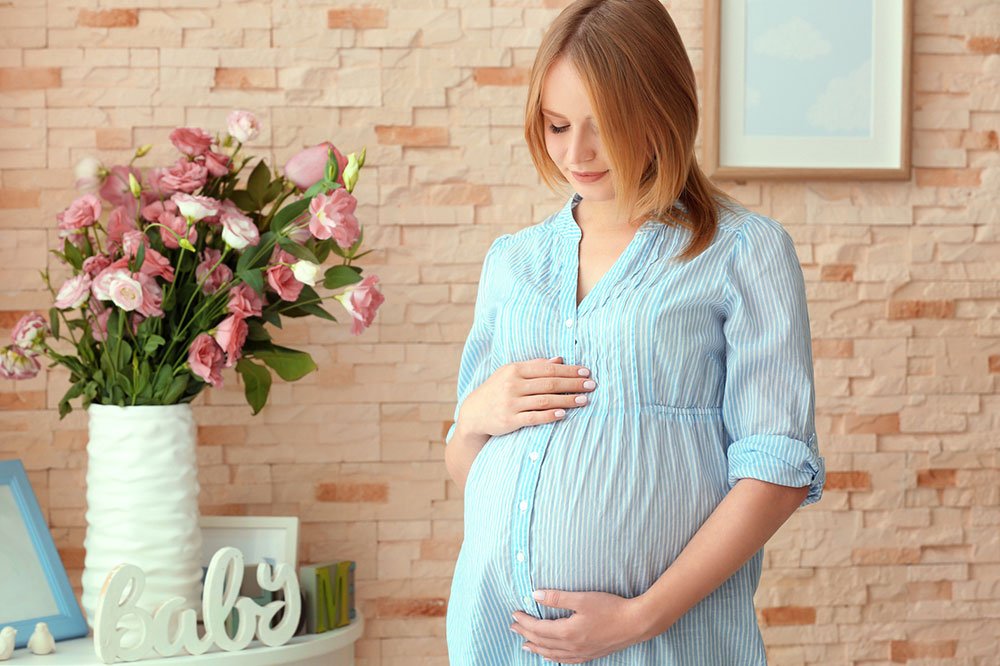Top 9 Signs Indicating Pregnancy
Recognizing early pregnancy symptoms helps women confirm pregnancy and seek timely medical care. Common signs include missed periods, nausea, frequent urination, fatigue, spotting, weight gain, backache, sleep issues, and mood changes. Regular check-ups are essential to ensure maternal and fetal health, especially with pregnancy-related risks like miscarriage or gestational complications. Understanding these symptoms can guide women to seek professional help when needed for a healthy pregnancy journey.

Top 9 Signs Indicating Pregnancy
For women trying to conceive, recognizing early pregnancy signs can be a source of anticipation. These symptoms can vary among individuals and evolve as pregnancy progresses. Here are the most common indicators that may suggest pregnancy:
Missed Period
This is frequently the first noticeable sign. However, a missed period should be confirmed with a pregnancy test, as other health issues can also cause irregular cycles.
Nausea and Vomiting
Hormonal changes often lead to feelings of queasiness, commonly known as morning sickness, which can occur any time of day.
This symptom typically appears around two weeks after conception. Despite being called morning sickness, nausea can strike at any hour.
Frequent Urination and Digestive Changes
Increased blood flow during pregnancy causes the kidneys to work harder, leading to more frequent urination. Digestive slowing can also cause constipation, common in pregnant women.
Extreme Fatigue
Feeling very tired is typical during early pregnancy, primarily due to hormonal fluctuations, though it’s not exclusive to pregnancy or a definitive sign.
Pregnant women often experience intense tiredness caused by hormonal shifts and bodily changes.
Light Spotting
Slight implantation bleeding may occur in early pregnancy, appearing as spotting. While usually harmless, women should consult their healthcare provider to rule out complications like miscarriage or ectopic pregnancy.
Gradual Weight Increase
Weight gain becomes more apparent in later pregnancy stages. Proper nutrition is essential to support fetal development and avoid unnecessary weight gain.
Lower Back Pain
As the body gains weight and hormones loosen ligaments, back discomfort often occurs—varying from mild to severe among women.
Sleep Difficulties
Sleep issues are common due to discomfort, stress, or hormonal changes, despite feelings of exhaustion.
Mood Swings and Depression
Hormonal fluctuations can lead to emotional changes, including depression. Postpartum depression may also occur after childbirth; seeking professional help is advisable.
Pregnancy carries risks such as miscarriage, gestational diabetes, high blood pressure, anemia, and fetal anomalies. Regular medical check-ups are vital for maternal and fetal health.










